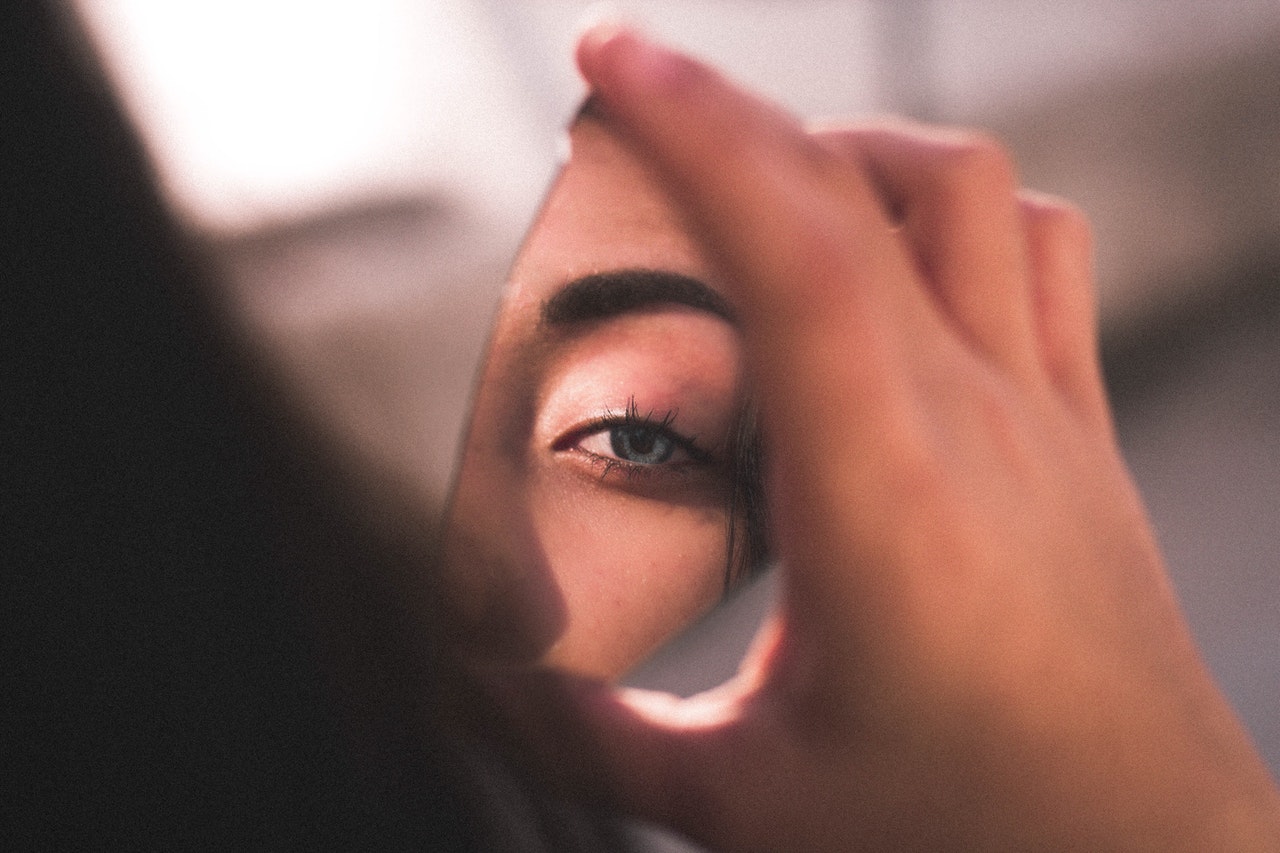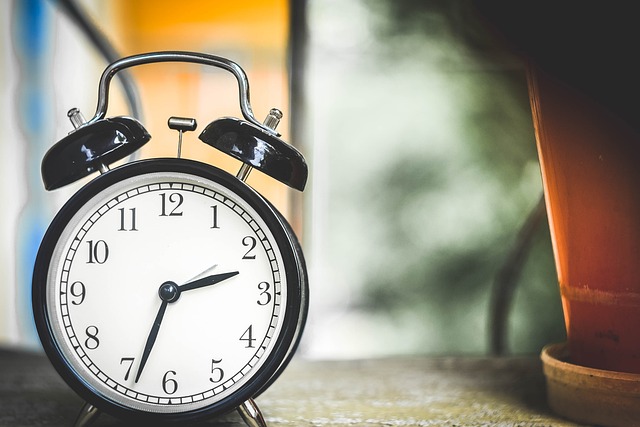What is emotional pain?

Emotional pain is a loss. Everyone goes through some grief process when there is a relationship ending. If there was a really important relationship with deep love, strong attachment, strong connection, then that loss is big – we can compare it to the death of a loved one. We are designed to deal with loss and overcome it and move on, but it takes time.
I find that we are our own worst enemies. We tend to get in the way of the grieving process, which includes feeling really sad and feeling really miserable, crying a lot, and having a lot of different feelings that come up with regret, guilt, anger, and anxiety. All of these emotions can come up, but in a culture that doesn’t really spend a lot of time dealing with emotions or allowing emotions, it can be really challenging for people to accept that that is normal and allow this process to unfold naturally.
We carry around this baggage with us into the next relationship or further into our life because we never really process that ending. There’s a wound that is still raw and it has just been covered. I see that a lot, especially if someone has a style of dealing with breakups in an avoidance capacity or approach. We look into one ending and then it brings up all these losses from the past.
Is there a difference between emotional pain from a breakup and emotional pain when someone dies?

Yes, the differences are that pain from a breakup was a choice to end it and that brings up other feelings to make it more complex. When you are dealing in the area of intimate relationships, there is an attachment system that’s activated. The attachment system is a core to partnering up with someone and eventually having our own children. Lovers are one of the most important relationships for the survival of the species. Those very powerful emotions and feelings and insecurities are activated. You could say, it is more complex than death for those reasons.
What is the right way to get through the grief process?

I don’t think there is one right grief process. Grief is very unique to the individual, and even culturally there are a lot of differences in processing grief. But the general principle is to get in touch with the feelings that are coming up and releasing them – allowing emotions to move. The obvious one is sadness. You break up with your partner, there is a lot of sadness and so a release of sadness often comes in the form of crying. Allow yourself time or even make time just to cry, scream, or wail, whatever you need to do. That’s the quickest way to get it out. You can also try talking about it – with a therapist, with friends, family. Just talking about feelings can be a release. Journaling or writing about it is another way of releasing. In one way or another, it is taking what’s inside out. A lot of times people are afraid of their feelings because it feels overwhelming and unsurvivable, but the reality is the amount of grief in any ending or loss is finite. The processing of grief is just draining that pool over time.
How long does going through the grieving process usually take?

Everyone is different, but I have a rule of thumb for shorter relationships. If you’ve been together for 5 years, it could take 2 and a half years to recover from emotional pain. Obviously, if you’ve been together for 40 years, it is not going to take 20 years to overcome that, but in shorter time frames, I generally find it can take as long as half the duration of the relationship to really get back to a sense of who you are without the other person.
Is there anything else that someone can do for themselves to move on?

I recommend spending some time reflecting on what you learned from the relationship. Learn about yourself, learn about the relationship in general, learn about people. There are often important lessons. Why didn’t it work out? What was my part of it? It is very easy to look at the other person, but it’s important to ask yourself how you may have contributed to the relationship’s end. How did I contribute to this not working out? What was my part of the equation? Really harvest those lessons and learn them so that when you go into the next relationship, you have grown. You are a stronger person and you’re a better partner because you’ve done the work of learning from your mistakes. Many people don’t do that work and then they find themselves repeating the same pattern over and over. With different partners, but the same problems come up and that’s because they haven’t really taken the time to reflect.



